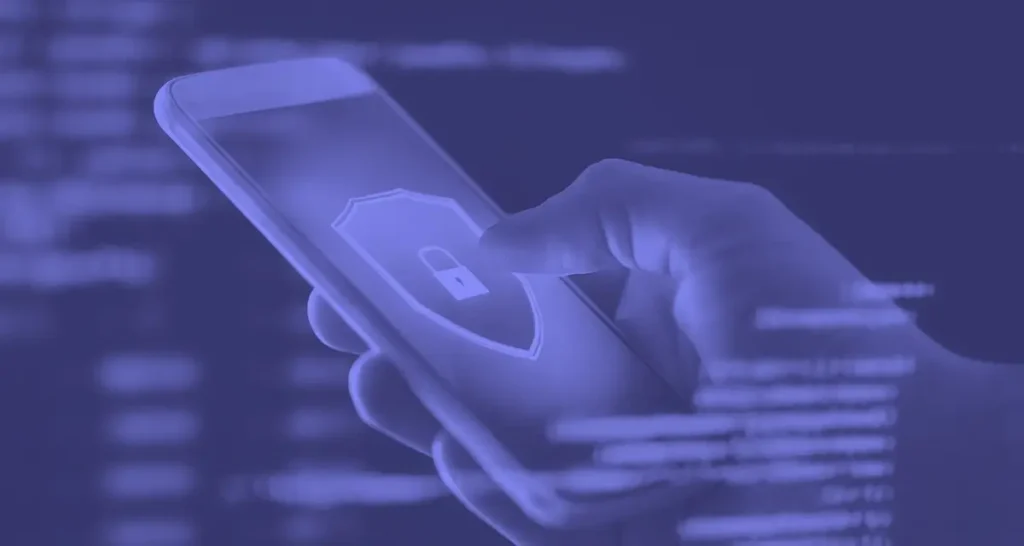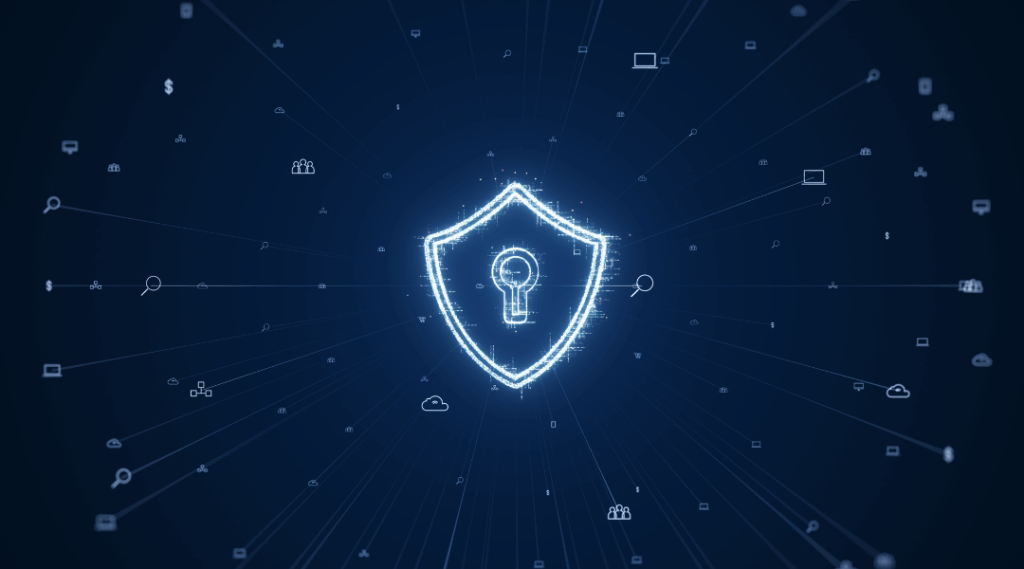1. Email Attacks are Extremely Common
Be vigilant with email. Common hacker phishing attacks play on COVID-19 fears, financial issues (refund checks), and link to fake websites.
2. Backup your Important Files
Expect the best but plan for the worst. Ensure all critical data is backed up offline and online (in the cloud) so you can restore if you’re breached (ransomware attack).
3. Take Breaks and Keep a Schedule
Include lunchtime walks and 15-minute breaks to stand up and walk around. Clear your mind and return to work invigorated. Working remote securely.
4. Complete your Training Assignments
If your company trains its employees, complete your training. If it doesn’t, watch our free Cybersecurity training videos.
5. Over Communicate
Over communicate with colleagues or clients to set expectations on timing, deliverables, outcomes, and to seek feedback. Get projects done right the first time.
6. Know the Rules
Become familiar with your company’s remote work policies and requirements.
7. Adopt a Password Manager
Most password managers (LastPass, Dashlane, 1Password), have free versions for personal use. Learning this skill is critical for 21st century protection!
8. Work Free from Distractions
CyberHoot staff prefer a workspace free from distractions though we do love orchestral music (free Philadelphia Philharmonic concerts on YouTube).
9. Regularly Connect with your Colleagues
Web-conferencing meetings have replaced in-person meetings allowing us to catch up, share stories, and discuss our well-being. That’s as important as the latest project update.
10. Secure your Tools
Secure and patch personal devices, secure web conferences (Zoom Security), and secure your passwords.



